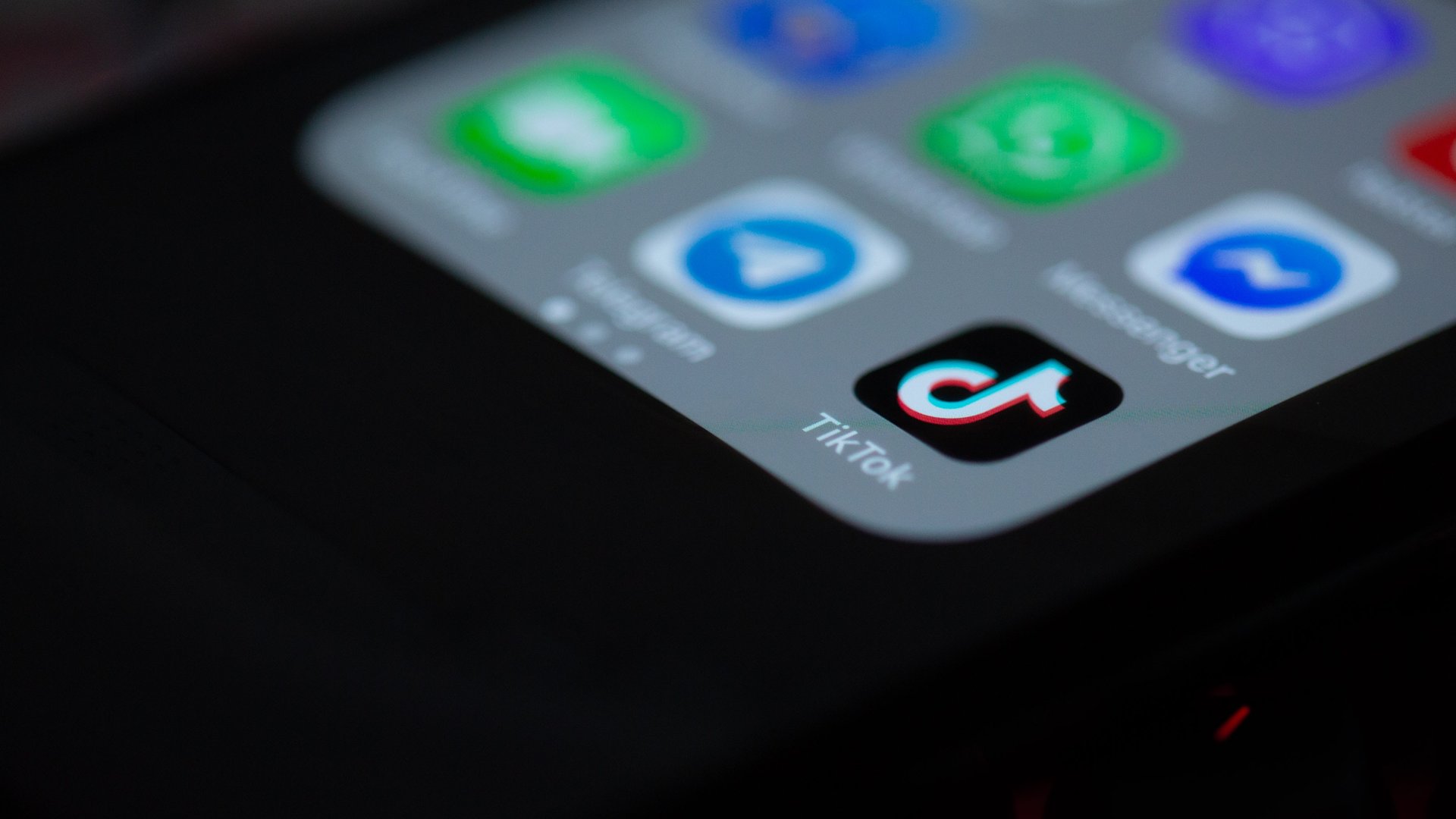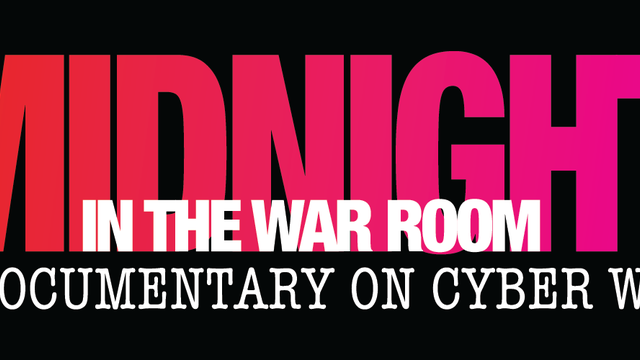

Did you ever think that an app could be used as ammunition in a diplomatic showdown?
Well, that is currently the case across much of the western world.
TikTok, which is a globally popular short video-sharing app, is owned by a billion-dollar Chinese tech company called ByteDance. Though it has been around for several years and has a large user base amongst teens and those in their twenties, the app has become the latest product in a political tug-of-war between China and numerous western democracies, with Canada being the latest.
The first action related to the app occurred in late December when the United States Congress imposed a ban on TikTok on all federal government devices. One article about the ban says that it ‘is necessary due to national security concerns about the China-based owner of the app’.[1]
The new law requires all federal government employees to remove the app from their devices by the end of March. It was first proposed in 2020, but when that was defeated, it was proposed again in late 2022 after the composition of the new Congress and was successful.
Most users of TikTok would probably assume that it is a mindless activity that for many people was a fun way of passing the time during the height of the pandemic. But in December 2022, TikTok admitted that it spied on US journalists with the app,[2] and many suspect that its back-end operations are much more sophisticated than it lets on. So that whilst users have an innocuous experience with a fun app, it is very likely that the app makers know much more about the users than they are willing to admit.
News about the spying on reporters led to the bill being re-introduced in the US, and once it was passed there, the EU followed suit with a temporary ban for all employees of the European Commission, passed in late February. A spokesman said that ‘relevant services are also monitoring and assessing all possible data breaches related to the app’ in Europe, and a recommendation for a similar bill is currently before the European Parliament.[3]
Days after the EU announcement, the government of Canada also announced a similar ban. In the statement, Prime Minister Trudeau said ‘this may be a first step, [or] it may be the only step we need to take,’ but that the ban was necessary because the current level of risk to Canada’s government employees is ‘unacceptable’.[4]
In Canada, the ban comes hot on the heels of ‘an investigation to delve into whether the app complies with Canadian privacy legislation.’[5] Yet, unless there is significant progress in such an investigation, most academics believe that it will have little impact on the popularity of the app. One study has found that there were 8.3 million users of TikTok in Canada in 2022, ‘a figure that has more than quadrupled in the past three years’. Moreover, this is likely to grow to 10.1 million users by 2026, and that the average time spent on TikTok also ‘more than quadrupled between 2018 and 2021’.[6] The popularity is partly explained by the fact that ‘76% of Canadian adults aged 18 to 24 had TikTok accounts’,[7] who are likely to be the most vulnerable, and is in line with a worldwide trend of those in their teens and twenties being the most ardent users of the app.
Whilst the Treasury Board of Canada says that ‘for the broader public, the decision to use a social media application or platform is a personal choice,’[8] for the sake of the government and the cyber security of government devices, a more nuanced and informed recommendation needs to be made, and that is why the ban was imposed. The current perception is that the risks of using this particular app are too great.
However, in Canada and in all the other jurisdictions where such a ban has been enacted, it is putting a further strain on an already tense relationship with China. Singling out just one app may not necessarily reduce the risk of Chinese surveillance and it probably won’t much of an overall difference, but governments across the western world hope that it sends a message to China – a sign that no matter how popular an app is, it can still be used in a diplomatic war against a perceived aggressor.
[2] https://www.theguardian.com/technology/2022/dec/22/tiktok-bytedance-workers-fired-data-access-journalists
[3] https://www.reuters.com/technology/eu-commission-staff-told-remove-tiktok-phones-eu-industry-chief-says-2023-02-23/
[5] https://www.npr.org/2023/02/28/1160004862/citing-security-concerns-canada-bans-tiktok-on-government-devices
[8] https://www.aljazeera.com/news/2023/2/27/canada-bans-tiktok-from-government-devices-over-security-concerns
































